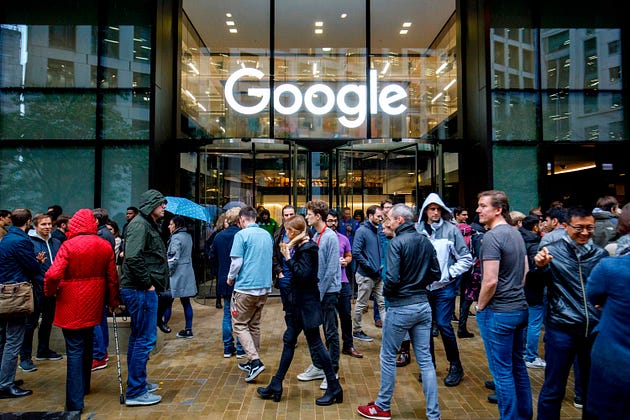 Inthe first book of Gulliver’s Travels, the hero wakes to find himself tied to the ground by tiny human-like creatures, who he then treats not as his equals but as his superiors. Even though Gulliver could go all Godzilla on Lilliput — or use that potential to get his needs met — he slavishly seeks approval from the diminutive and ludicrously petty royal court.
Inthe first book of Gulliver’s Travels, the hero wakes to find himself tied to the ground by tiny human-like creatures, who he then treats not as his equals but as his superiors. Even though Gulliver could go all Godzilla on Lilliput — or use that potential to get his needs met — he slavishly seeks approval from the diminutive and ludicrously petty royal court.
The point of Swift’s satire was obvious to 18th century readers: Gulliver represented the population of England which, despite its immense power to overthrow the government, obliviously bowed and scraped to a government of weaklings, knaves and fools.
In the novel, Gulliver never “wakes up” to his power, but one could argue that over the next two centuries England (and its American colonies) “woke up” and instituted a more representative government that better reflected the will of the people.
The seeds of a similar revolution just happened at Google, where 20,000 workers walked out to protest the decisions of Google’s management to support oppressive government and to provide a $90 million platinum parachute to an executive who was credibly accused of sexual harassment.
Google’s workforce has finally realized that even if, as individuals, they’re valued employees who’d be hard to replace, they don’t have the power to change the company or its policies without banding together. Like the populace of England under its petty kings, the workers of Silicon Valley are waking up to discover, collectively, they’re Godzilla.
This is a revelation that the high-tech powers-that-be have labored mightily to avoid within their workforces, through tactics that include:
Embracing Ayn Rand’s vision of “makers” (the moguls) versus “takers” (everyone else).
Creating “suggestion box” mechanisms that provide the illusion of employee influence.
Implementing policies, like stack ranking, that pit employees against each other.
Forcing employees into open plan offices to encourage them to spy on each other.
Supporting anti-union legislation like the wildly-misnamed “right to work” laws.
Positioning high tech work as “salaried and professional” to avoid paying overtime.
Lionizing CEOs as “world-changing visionaries” rather than mere “exploiters of labor.”
Up until now, most high tech workers have been content to swallow this horse-puckey whole and thus remain bound and helpless. But now social media has both laid bare the warts of the moguls and made it possible to coordinate “wildcat” strikes like the one that hit Google.
And that terrifies the CEOs of the high tech mega-corporations and the institutional investors who hold most of their stock. They’re fat and happy skimming off the lion’s share of profits while creating stress-filled, lethal work environments.
The moguls are also more than happy to support oppressive governments since (truth be known) they think of themselves as, and behave as autocrats. Heck, why wouldn’t they want to do business with China? China is run exactly like a corporation.
In short, something big is happening here. The high tech workforce is waking up and discovering — like many a workforce or population of that past — that collectively they’re far stronger than the Lilliputians lording it over them.
The big question now is what goals should the high tech workforce be seeking? I suggest the following:
Paid overtime
More employee privacy
Salary transparency
More equitable compensation (CEO pay limited to 50 times average worker pay)
Veto of questionable contracts
Cessation of “gig” labor
Removal of slave labor from supply chains
No non-compete agreements
No non-disparagement clauses
I suspect that most high tech workers would be on board for most of this agenda, since it would devolve power to them and away from top management. The moguls, of course, will fight against all of this, tooth and nail.
No comments:
Post a Comment